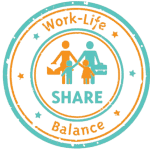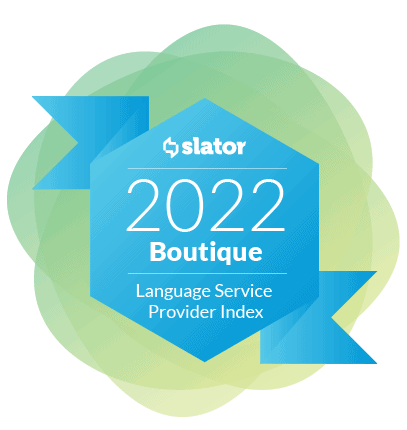|
Listen to Post
|
Listen to this article now:
by Katerina Pippou, Linguist at Commit Global
The translation industry can be innovative and exciting but like many other industries that work around demanding deadlines and heavy workloads, it can result in stressful situations and long working hours. As scientific research on occupational health and safety suggests, working non-stop increases stress levels, causes mental fatigue and physical pain, and even increases the risk of occupational injury or illness. Some lifestyle studies have shown that shorter vacation is associated with worse general health in midlife and higher mortality rates in old age, and that more vacation results in greater productivity and success at work, lower stress and more happiness at work and home. Of course, we don’t need science to prove the impact of working long hours and not taking time off from work on our health and everyday life; it’s something many of us experience, either directly or indirectly, every single day.
The good news is that we have technology on our side: advanced technology that is constantly changing the way we communicate and work, offering us amazing new possibilities virtually every day. The other important thing is that we see a great mindset shift towards more flexible ways of working: more and more businesses (like Commit Global) are embracing flexible working, offering their employees the freedom to choose a working arrangement that suits best their lifestyle. So, who is to blame about overtime work or lack of vacation?
Ask yourself the following questions and let your own answers guide your way through a smarter way of working that will allow you to be more productive while working less (and that is whether you work in the translation industry or not!):
- Is your way of working still working? We are creatures of habit, which means that we develop habits and routines that stay with us for a lifetime. As things change a little too fast in the translation industry, maybe we need to rethink how we work.
- Are you putting up with stuff and waiting for the perfect moment to solve it or change it? If there’s a problematic situation that holds your work back and doesn’t allow you to perform at your best, probably there is no better time to act on it than now.
- Do you feel overwhelmed by your inbox? Don’t worry, there are several things you can do to avoid an inbox that’s out of control, like dealing with emails as soon as they arrive or at set times only, clearing your inbox and filing your messages every day, sending less messages and more.
- Does multitasking help you get things done faster or does it drive half-and-half results? Brain science indicates that we are more effective when handling one task at a time. Scientists may know better than translators.
- Is this ‘always on’ thing a good thing? The chances are that being connected 24/7 won’t drive inspired action, nor boost your productivity. Just like any electronic device, our brain cannot function properly when it’s switched on all day long. We need to disconnect, shut down, take some time to rest and cool down, and then restart.
- Are you aware of what is urgent or important or both? As most of the time we have to deal with too many unspecified urgent requests, our sense of urgency becomes so overloaded, to the extend that we cannot recognize the important stuff. Maybe it’s time to reassess urgency.
- Are there any projects that you feel you cannot accomplish on your own? If you feel you are not good enough at something or that you don’t have enough time for something, don’t panic! You can always ask your colleagues for help, assign tasks to the right people in your team, and deal with projects that you feel more confident with.
- Do you have enough resources available as the workload is increasing? Do you have the right resources at all times? Is there a backup team for your backup team? If not, you may often find yourself busy being busy.









